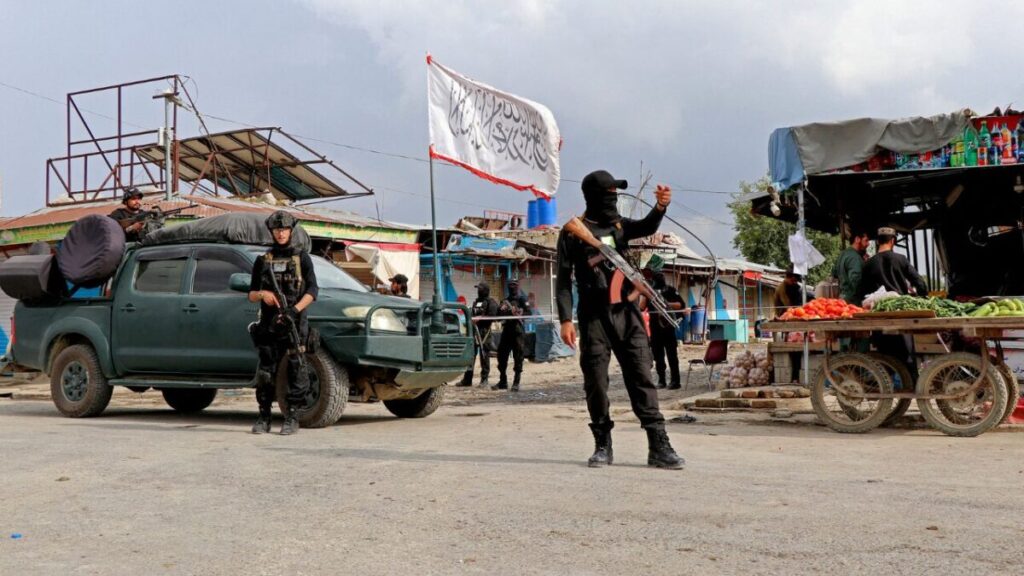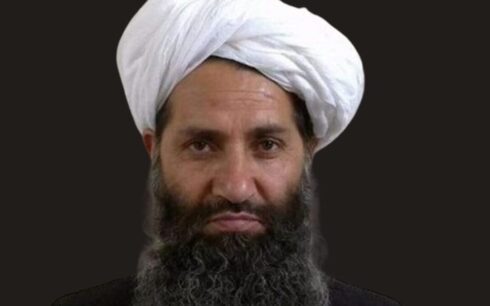KABUL, Afghanistan — The Taliban’s Ministry for the Promotion of Virtue and Prevention of Vice has announced that it will gradually implement its new morality law across various aspects of life, including media.
A ministry spokesperson said that while full enforcement would not occur within a year, the measures would be rolled out step by step to address what the group considers “immoral” behavior.
“It’s never possible for any law to be fully implemented in a single day or year,” said Saif Rahman Khyber, a spokesperson for the ministry. “We proceed step by step in enforcing the law, whether it pertains to media or any other actions outlined as immoral.”

The comments came as Taliban officials continue to tighten restrictions on media operations in the country. On Wednesday, sources confirmed to Amu, a local media outlet, that the Taliban shut down Lawang radio station in the southeastern province of Khost. The station, known for its educational programming for girls, was reportedly targeted due to female callers participating in broadcasts and the playing of background music.
An eyewitness described the scene, noting that Taliban officials removed staff from the station before sealing its doors. “This radio station provided educational programming for girls deprived of schooling and broadcasted in three provinces, including Paktia and Paktika,” the witness said.
A local journalist in Khost, who spoke on condition of anonymity for safety reasons, said the recent closure marks the third media outlet to be shuttered in the province within the past ten days. The closures have also affected Gharghasht radio and television channel.
“This trend is concerning for us journalists, and the Taliban should put an end to it,” the journalist said. Media activists and reporters have expressed alarm over the increasing restrictions, describing them as a significant threat to press freedom in Afghanistan.
“There is no freedom of expression or free media under Taliban rule in Afghanistan,” said Mujeeb Khalwatgar, a journalist and media activist. “When the Taliban returned to power, it marked the final nail in the coffin for media and freedom of expression.”
Saeed Ahmad Shaheedkhil, the Taliban’s Deputy Minister for the Promotion of Virtue and Prevention of Vice, has called on all government officials to support the enforcement of the new law. “We ask all officials in government departments, including ministers, deputies, and heads of the Islamic Emirate, to cooperate with us in implementing and defending the law throughout the country,” he said during a meeting with officials from the ministries of Information and Culture and Labor and Social Affairs.
The Taliban’s stringent media policies include a ban on the depiction of living beings, a move that has forced several television channels to halt operations. Despite public assurances from some Taliban officials that media outlets would not face punitive action for such content, enforcement by the Ministry of Vice and Virtue suggests otherwise.
Since regaining control of Afghanistan in August 2021, the Taliban have imposed sweeping restrictions on media and curtailed press freedoms, drawing condemnation from international human rights organizations and journalists worldwide.





